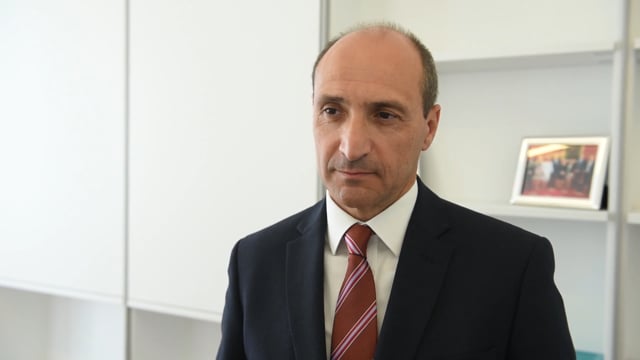[WATCH] Sweeping changes to IVF law will give Malta's lesbians, single and infertile women new hope
IVF law will lift restrictions on embryo freezing and gamete donation • Definition of prospective parent will be widened to end discrimination against lesbians and single women • Consultation on altruistic surrogacy to be held


Lesbians and single women will have access to in-vitro fertilisation under sweeping changes to the Embryo Protection Act put forward by the government.
The revamped IVF law will end the restrictive meaning of prospective parents, currently defined as stable heterosexual couples.
Deputy Prime Minister Chris Fearne said this afternoon the proposed changes will allow for egg and sperm donation that are banned under existing legislation.
Gamete donation will ensure that discrimination on the basis of sexual orientation is effectively eliminated since lesbians require sperm donors to conceive.
However, gamete donation will also give new hope to infertile couples who have difficulty conceiving with their own gametes.
Embryo freezing
Fearne said the law will also allow embryo freezing as part of the treatment process.
This will allow doctors to fertilise up to a maximum of five eggs, increasing the chances of success.
The law will restrict the number of embryos that can be transferred to the woman to two, which means that any fertilised eggs above this number will be frozen for future use.
However, Fearne confirmed what MaltaToday reported this morning that permission to freeze embryos will be tied to a condition that the prospective parents agree to give up any unclaimed embryos for adoption.
“In this way, all frozen embryos will have the possibility to develop because the authority will be able to give them up for adoption, even to couples abroad,” Fearne said.
Anonymous donations
Donation of sperm and eggs, as well as embryo adoption will remain anonymous. But children born through these processes will have a right to access the medical history of the donors when they reach 16.
Access to medical history will also be given if required beforehand by the parents of the child. However, anonymity will be protected at all stages.
Altruistic surrogacy
Fearne said the government will also hold a public consultation on whether to decriminalise “altruistic surrogacy”.
Surrogacy is illegal and Fearne expressed his preference that surrogacy against payment remain so. However, he insisted there were instances when family members wanted to help their next of kin by offering to carry the child in their womb as an altruistic gesture.
“We do not have a popular mandate for surrogacy and this is why we are suggesting a consultation process on altruistic surrogacy... altruistic organ donation was introduced as a principle when we regulated organ donation,” he said.
The first reading of the Bill in Parliament is happening on Wednesday afternoon and the discussion proper could start next week.
Fearne said the Bill enjoyed the unanimous backing of the Labour parliamentary group.








.jpg)




.jpg)






.png)

